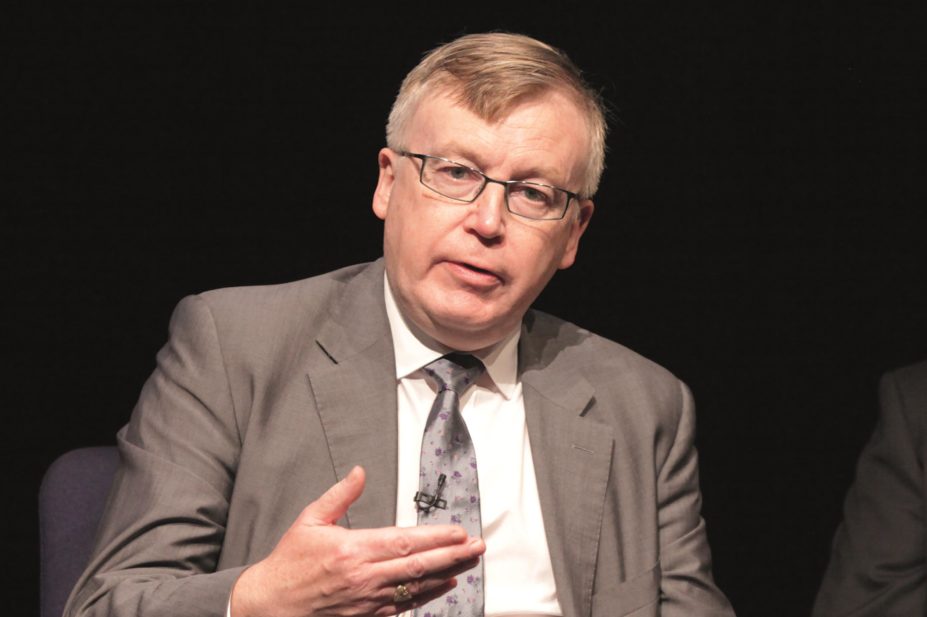
RPS
Community pharmacy contractual funding in England in 2016–2017 is set to be cut by £170m as part of wider efficiency savings in the NHS.
The Department of Health (DH) announced on 17 December 2015 that funding for the community pharmacy contractual framework in 2016–2017 will be no higher than £2.63bn — 6.1% lower than the £2.8bn for this financial year. The reductions are expected to take effect from October 2016.
Details were revealed in a letter to Pharmaceutical Services Negotiating Committee (PSNC) chief executive Sue Sharpe. The DH will consult with the PSNC and other bodies over the next three months.
The government also plans to launch a new Pharmacy Integration Fund “to help transform how pharmacists and community pharmacy will operate in the NHS”, building on clinically focused pharmacy initiatives such as the pilot of pharmacists working in GP surgeries.
In the letter, chief pharmaceutical officer Keith Ridge and Will Cavendish, director general of innovation, growth and technology at the DH, say community pharmacy “has to play its part in delivering the efficiencies” set out in the government’s spending review and the NHS ‘Five year forward view’.
In addition, the government will consult on changes to how community pharmacies operate, with the aim of driving efficiencies and expanding clinical roles for pharmacists.
The letter said that in some parts of England there were “more pharmacies than are necessary to maintain good access”, identifying the 40% of pharmacies in a cluster of three or more within ten minutes’ walk.
As well as the previously announced consultation on widening use of centralised dispensing — known as ‘hub and spoke’ — the DH will consult on new models of ordering and collecting prescription medicines, including online ordering and home delivery.
The government will also consult on a new pharmacy access scheme that would increase funding to pharmacies in some rural or deprived areas.


